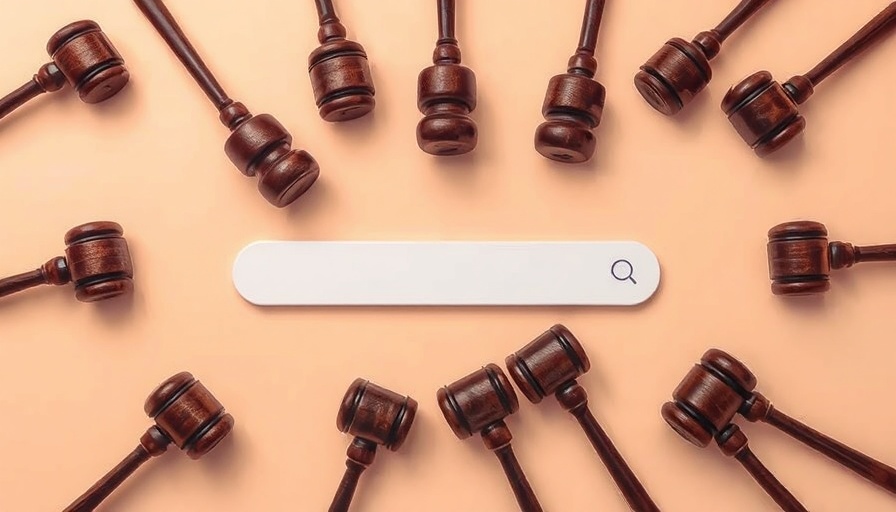
The Potential Impact of Section 230 Repeal on Online Businesses
As the push to repeal Section 230 of the Communications Decency Act gains momentum in Congress, the implications for businesses—even small ones—are immense. This legal shield has been instrumental in defining the landscape of the internet for nearly three decades, offering protection to platforms from liability for user-generated content. The pending legislation could force businesses to navigate treacherous waters filled with potential lawsuits and accountability for third-party content.
What Section 230 Represents
Section 230 has often been termed "the 26 words that made the internet," a phrase that encapsulates its significance. Introduced in 1996, it was a response to the evolving digital landscape and aimed to clarify the status of internet service providers and websites. Senators Chris Cox and Ron Wyden argued for the need to treat these companies as distributors rather than publishers, thereby shielding them from legal repercussions of user-generated content. This compromise has fostered innovation and allowed platforms like Facebook, YouTube, and Reddit to thrive.
The Risks of Repealing Section 230
With a repeal, significant consequences loom over various business sectors, particularly those heavily reliant on user engagement. According to insights from the National Association of Attorneys General, social media channels might be held liable for the impact of their content recommendation algorithms, while e-commerce retailers could face consequences for user reviews. The result could be a chilling effect—companies may decide to eliminate opportunities for user engagement entirely, thereby narrowing the scope of the internet we know today.
How Businesses Might Adapt
If Congress moves forward with this repeal, businesses will need to be agile and proactive in protecting themselves against potential litigation. Some may increase their moderation efforts on user-generated content, while others might abandon such features outright, leading to a less interactive experience for consumers. “If you repeal Section 230, one of two things will happen: either platforms will decide they don’t want to moderate anything, or they will moderate everything,” indicates Sinan Aral from MIT. This viewpoint highlights the precarious balance that platforms must strike between fostering community and safeguarding themselves from liability.
Broader Impact on Free Speech and Innovation
Any changes to Section 230 will also stir public discourse about free speech. Striking the balance between protecting users from harm and ensuring platforms can facilitate public dialogue is delicate. The Electronic Frontier Foundation underscores that over 25 years, Section 230 has supported the free and open internet, fostering an environment of diverse voices. Without it, the stakes for hosting discourse on any online platform increase, which may result in greater self-censorship among businesses and users alike.
Conclusion: Navigating the Future
As a business owner or operator, it’s not just important to stay informed about the status of Section 230; it may also be critical for you to assess how your operations might need to evolve should these legislative changes take hold. Engaging with industry organizations or legal professionals can provide clarity and help shed light on proactive measures you can undertake. **Get Help Selecting a Preferred Provider** today who can guide you through these uncertain times.
 Add Row
Add Row  Add
Add 




Write A Comment